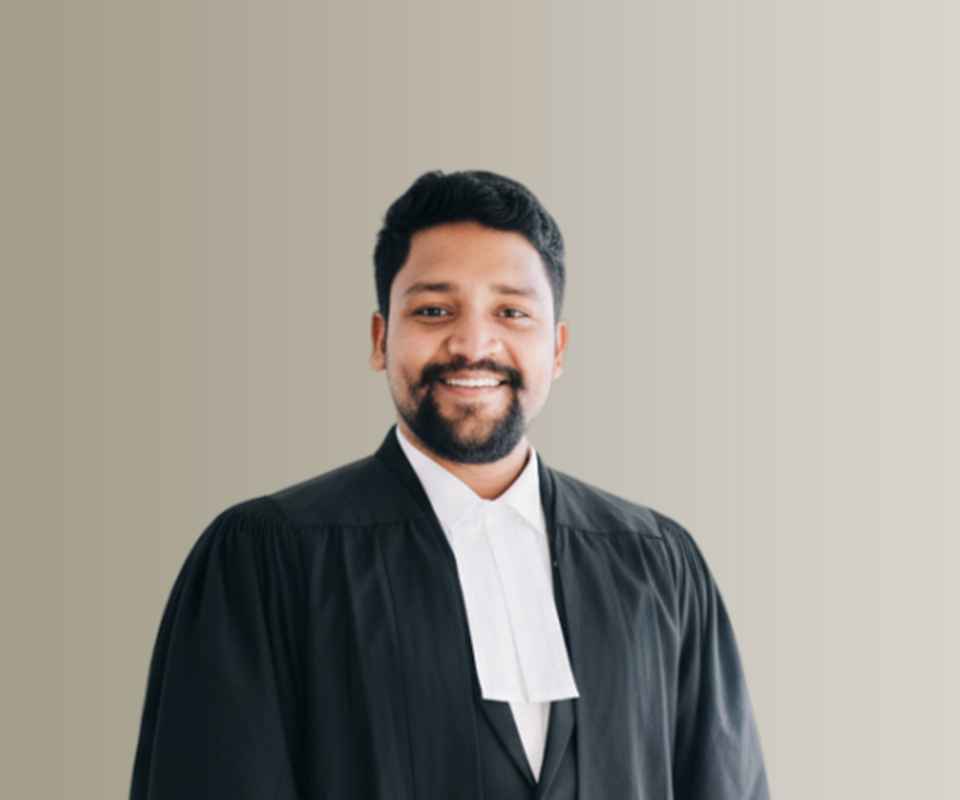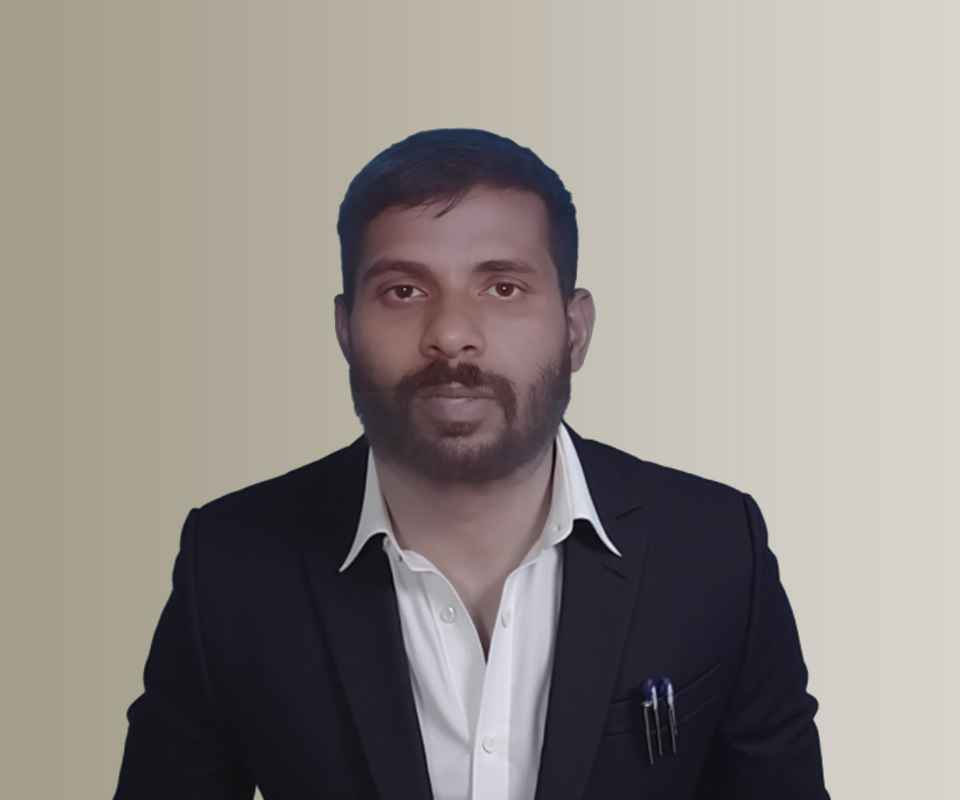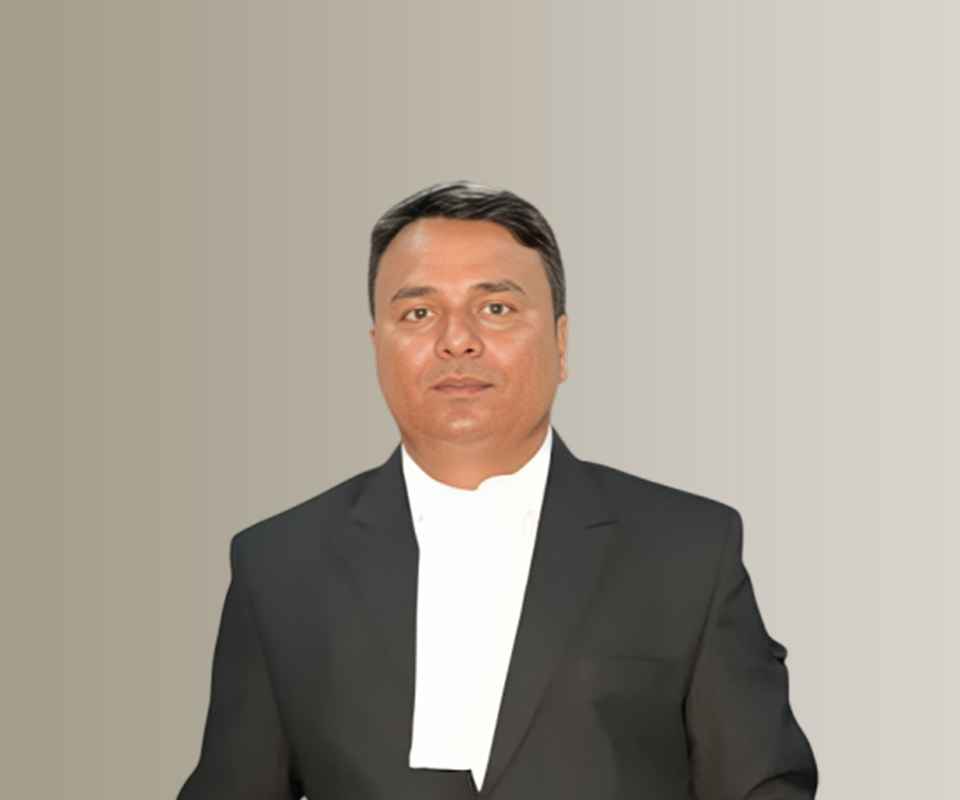Answer By law4u team
In India, Public Interest Litigation (PIL) has become a powerful tool to promote justice for marginalized and vulnerable groups, including senior citizens. While PILs are usually associated with social causes and public concerns, senior citizens, facing issues such as elder abuse, neglect, and violation of their rights, can indeed file a PIL in court to seek redress. Through PILs, they can hold authorities accountable, ensure the enforcement of welfare laws, and demand policy reforms to protect the interests of elderly citizens.
Can a Senior Citizen File a PIL?
Legal Framework for PILs in India
Public Interest Litigation (PIL) is a mechanism in Indian law that allows individuals or groups to file petitions in the courts for the protection of the public interest. The Supreme Court of India, through judicial activism, has made it clear that anyone can file a PIL if they are acting in public interest, even if they are not directly affected by the issue. The Supreme Court in cases like Rajiv Ranjan Singh v. Union of India (1992) emphasized that PILs can be filed by any person who is concerned with the protection of public rights or social justice.
Eligibility of Senior Citizens to File a PIL
Senior citizens are equally entitled to file PILs. Under Article 32 and Article 226 of the Indian Constitution, any person or group, including a senior citizen, has the right to approach the courts for the enforcement of rights guaranteed under the Constitution. Senior citizens, being a vulnerable group, can file PILs for matters such as:
- Elder abuse and neglect
- Violation of senior citizens' rights
- Non-implementation of welfare schemes for elderly people
- Policy advocacy to improve senior citizens’ welfare
- Ensuring effective enforcement of elder protection laws
Case Law and Judicial Precedents
The Supreme Court of India has been actively involved in issues concerning senior citizens. A landmark case, Sheela Barse v. Union of India (1986), dealt with issues of elder abuse and the rights of the elderly.
In the case of Vishal Jeet v. Union of India (1990), the Supreme Court directed the government to formulate laws and policies aimed at the welfare of senior citizens, based on a PIL filed for elder protection.
In Subramanian Swamy v. Union of India (2016), PILs related to the enforcement of laws like the Maintenance and Welfare of Parents and Senior Citizens Act, 2007 have been discussed.
Procedure for Filing a PIL by a Senior Citizen
A senior citizen, like any other citizen, can file a PIL either in the Supreme Court (under Article 32) or the High Court (under Article 226) if they believe that a public interest or constitutional right is being violated. However, to ensure that the PIL is in public interest and not for personal grievances, the court may scrutinize the nature of the petition.
The process typically involves drafting a petition, clearly explaining the issue at hand (e.g., elder abuse, neglect, lack of social services), and filing it with the appropriate court.
Senior citizens can approach NGOs, lawyers, or legal aid organizations for help in drafting and filing the PIL. Legal aid organizations often assist elderly individuals by offering guidance or representation in PILs.
Role of PIL in Protecting Senior Citizens
PILs are an essential tool for ensuring the protection of the rights and dignity of senior citizens. These legal actions can serve several important functions:
- Reform of elder protection laws: PILs can demand stronger enforcement of existing laws like the Maintenance and Welfare of Parents and Senior Citizens Act, 2007.
- Enforcement of maintenance and care: PILs can be filed to compel government agencies to implement policies that ensure senior citizens’ welfare, such as providing maintenance for parents who are neglected or abused.
- Public awareness: PILs can serve to raise public awareness about elder abuse, neglect, and the societal responsibilities to care for the elderly.
- Human rights and social justice: PILs can help protect the fundamental rights of senior citizens under the Constitution, including the right to life, dignity, and equal treatment.
Challenges in Filing PILs
Despite its potential, filing a PIL as a senior citizen comes with its challenges:
- Awareness of legal procedures: Senior citizens may be unaware of the PIL process or may face difficulties in understanding legal procedures.
- Accessibility to legal resources: Many elderly individuals may not have easy access to legal aid or resources, making it harder for them to file a PIL.
- Personal and financial limitations: Seniors may face financial constraints, making it difficult to pursue legal action, especially when legal fees and other costs are involved.
Support from NGOs and Legal Aid
Many NGOs and legal aid services provide vital support to senior citizens in filing PILs. These organizations often:
- Assist in drafting petitions
- Raise awareness about elder issues through legal channels
- Provide free or subsidized legal representation
- Offer guidance on navigating the PIL process and legal systems
Example
Scenario:
A senior citizen, Mr. Raghavan, in Delhi is suffering from physical abuse by his son. Despite having tried to resolve the issue through local authorities, no meaningful action is taken. Mr. Raghavan, with the help of a legal aid NGO, files a PIL in the Delhi High Court asking for the implementation of elder protection laws, better enforcement of the Maintenance and Welfare of Parents and Senior Citizens Act, and creating safe havens for elderly victims of abuse.
Steps Taken:
- The NGO helps Mr. Raghavan file the PIL, explaining the facts of his abuse and the broader implications of elder neglect.
- The Delhi High Court accepts the PIL, directing both the Delhi Government and the Ministry of Social Justice and Empowerment to review and improve their elderly welfare policies.
- The court also directs that a special task force be created to ensure that senior citizens have access to social security and legal protection.
- The court’s ruling leads to a statewide review of elder protection measures, resulting in the creation of more accessible support systems for abused seniors.
Conclusion:
Yes, senior citizens can file a Public Interest Litigation (PIL) to address issues affecting their welfare, such as elder abuse, neglect, or violation of their legal rights. PILs offer senior citizens a valuable tool to bring attention to systemic issues, ensure the enforcement of laws designed to protect them, and demand social and policy reforms. By utilizing PILs, senior citizens can engage with the legal system to hold both authorities and individuals accountable for the mistreatment and disregard of elderly rights, promoting justice and dignity for the elderly population.






